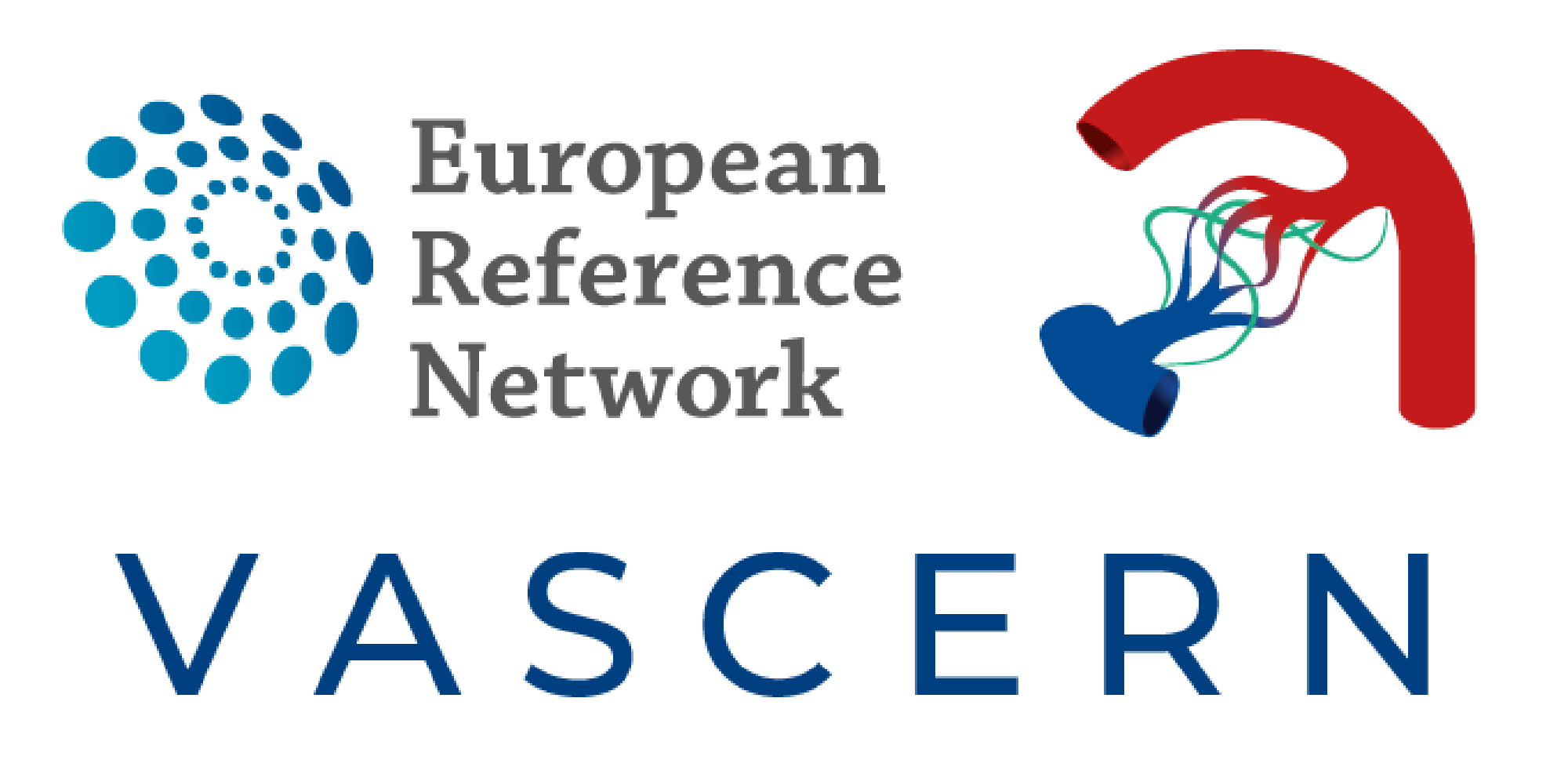
We are thrilled to share the news that our Neurovascular Diseases Working Group (NEUROVASC WG) has achieved a notable success with the acceptance of its grant application to the European Joint Programme on Rare Diseases (EJP RD) – Joint Transnational Call 2023.
The fifth Joint Transnational Call 2023, initiated in November 2022, saw participation from 21 funding bodies across 16 countries, including Belgium, Canada, France, Germany, Hungary, Ireland, Israel, Italy, Lithuania, Luxembourg, Poland, Slovakia, Spain, Sweden, Switzerland, and Turkey. The aim of the call was to enable scientists from different countries to work together effectively on a joint interdisciplinary research project, based on complementarity and sharing of expertise, with the expected impact of using the results for the benefit of patients in the future.
The JTC 2023 call is a competitive and prestigious funding programme with a two-stage submission and evaluation process. The first step is the submission of a pre-proposal, which will be evaluated by the Scientific Evaluation Committee (SEC). The SEC selects proposals for full submission, and each of the full proposals is then evaluated by at least two additional external experts, whose reviews are sent to the project coordinators to allow them to study the reviews and comment on the experts’ arguments and evaluations. Both inputs are taken into account in a second SEC meeting and the final decisions are communicated to the applicants.
The NEUROVASC WG covers two rare neurovascular diseases: CADASIL and Moya Moya angiopathy. The grant will support the CADASIL-Natural HIStory (CADANHIS) project, a collaborative research effort funded by five European countries.
The CADANHIS project aims to revolutionize the management, treatment, and understanding of CADASIL through a series of objectives. These include analyzing current treatment practices across Europe, developing predictive models for disease progression, enhancing patient and family care through new outcomes measures, identifying key outcomes for future clinical trials, and discovering biomarkers for early-stage disease detection and monitoring.
The NEUROVASC WG’s proposed project promises significant advancements for patients with CADASIL, paving the way for improved diagnoses, treatments, and patient care. For more details on this groundbreaking project, click here.
Congratulations to the entire NEUROVASC WG team on this remarkable achievement!
